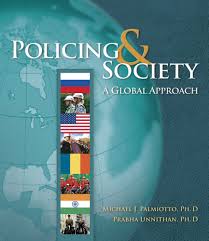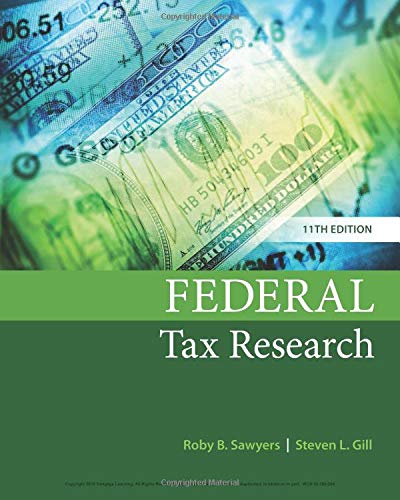Political Science An Introduction 13th Edition by Roskin – Test Bank
Chapter 4- States
MULTIPLE CHOICE QUESTIONS
1. What is the term for the absence of government?
- Socialism
- Anarchy
- Statism
- Republic
Answer: B
Learning Objective: Introduction
Page Reference: 53
Topic/A-head: Introduction
Skill Level: Remember the Facts
2. Hereditary rule by one person is known as __________.
- a monarchy
- a republic
- institutionalization
- a state
Answer: A
Learning Objective: 4.1
Page Ref: 54
Topic/A-head: Institutionalized Power
Skill Level: Remember the Facts
3. A(n) __________ is a political system without a monarch.
- institution
- monarchy
- state
- republic
Answer: D
Learning Objective: 4.1
Page Ref: 54
Topic/A-head: Institutionalized Power
Skill Level: Remember the Facts
4. To Aristotle, the corrupt form of monarchy is __________.
- democracy
- tyranny
- polity
- oligarchy
Answer: B
Learning Objective: 4.1
Page Ref: 54
Topic/A-head: Institutionalized Power
Skill Level: Understand the Concepts
5. To Aristotle, the legitimate form of government by the few is __________.
- monarchy
- tyranny
- aristocracy
- oligarchy
Answer: C
Learning Objective: 4.1
Page Ref: 54
Topic/A-head: Institutionalized Power
Skill Level: Understand the Concepts
6. Democracy is the ___________ form of government by ___________.
- corrupt; one
- corrupt; a few
- corrupt; many
- legitimate; many
Answer: C
Learning Objective: 4.1
Page Ref: 54
Topic/A-head: Institutionalized Power
Skill Level: Understand the Concepts
7. The aftermath of the resignation by President Nixon in the United States demonstrated which concept?
- The power of the states relative to the national government
- The resiliency of the institution of the presidency
- The limitations of the United States court system in punishing corrupt politicians
- The limitations of unitary systems of government
Answer: B
Learning Objective: 4.1
Page Ref: 53
Topic/A-head: Institutionalized Power
Skill Level: Apply What You Know
8. What conclusion can we make about constitutions based on your text?
- Constitutions structure power so that it does not vary over time.
- Constitutions are designed to change with each election.
- Constitutions provide institutional powers, but individual leaders and time affect the exercise of power.
- Constitutions are nearly identical from one state to the next.
Answer: C
Learning Objective: 4.1
Page Ref: 54
Topic/A-head: Institutionalized Power
Skill Level: Apply What You Know
9. Which of the following, if true, best undermines Aristotle’s views on government?
- Members of elected lawmaking bodies often pursue policies to help themselves get elected.
- Elected politicians are often interested in running for higher offices.
- Many democracies have become corrupt.
- Elected officials do make policies that benefit the majority of citizens.
Answer: D
Learning Objective: 4.1
Page Ref: 54
Topic/A-head: Institutionalized Power
Skill Level: Analyze It
10. ___________ are incapable of even minimal governance.
- Strong states
- Weak States
- Failed States
- Effective States
Answer: C
Learning Objective: 4.2
Page Ref: 55
Topic/A-head: Effective, Weak, and Failed States
Skill Level: Remember the Facts














Reviews
There are no reviews yet.